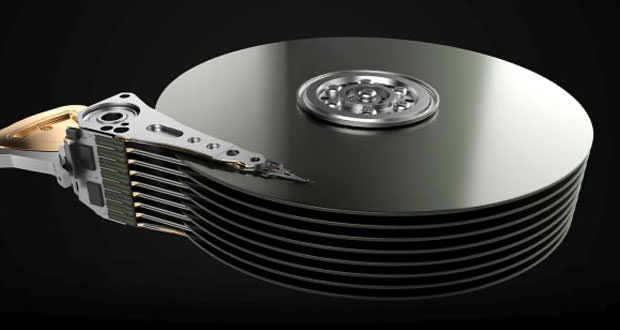Seagate, hard disk without defects thanks to artificial intelligence
Nvidia and Seagate talked about the joint effort to make hard disk production more reliable through technologies such as artificial intelligence, machine learning, and deep learning.
Creating a hard drive is an extremely complex operation, and those who produce tens of millions of it every quarter cannot afford to go wrong. The quality of each component must be at the highest level, in order to avoid damage for millions of dollars. To give you an idea of the difficulty, think that to produce a head that reads and writes on the magnetic plate, something like 1400 steps is necessary, which must necessarily be all perfect.
How to do it? The US hard drive manufacturer Seagate Technology has decided to resort to a system (based on GPU) of artificial intelligence and machine learning, to analyze the images of the heads (or more precisely the slider, or transducer, which carries the head in position) and detects any anomalies quickly, since its creation.
The images of the wafer from which the sliders are obtained are fed to a neural network, whose task is to train artificial intelligence to identify the presence of any anomalies. Unlike a technician trained to analyze images, the deep neural network can learn faster and acquire an ever greater degree of precision. Continuous training of the deep learning model takes place offline and is performed through constantly updated models.
The task of artificial intelligence is to identify and report images with anomalies to the company’s experts, who then investigate the problem firsthand. The project, known by the code name Athena, was put to work at the Normandale, Minnesota facility, thanks to Seagate’s collaboration with Nvidia and Hewlett Packard Enterprise (HPE).
The first step in this process was to understand the amount of data involved. Each system requires 17 million images per day to be processed, performing the inference at 20 positions per second. ” It’s like a Boeing 747 that flies inches from the ground at 100 times the speed of sound, ” said Raghavan Srinivasan, Seagate’s senior director of global marketing.
The whole process takes place inside the plant, on HPE Edgeline systems with Nvidia T4 GPU for data acquisition and real-time inference. HPE Apollo systems with Nvidia V100 Tensor Core accelerators instead train artificial intelligence through the Nvidia EGX platform.
By integrating the technology in all production sites, Seagate expects to reduce investment in cleanrooms by up to 20%, production time by 10%, and return on investment up to 300% thanks to better efficiency and quality. The good news for other manufacturers is that Seagate does not want to keep all this innovation for itself, but is ready to share the details. Other companies can improve the quality and performance of their production line.

